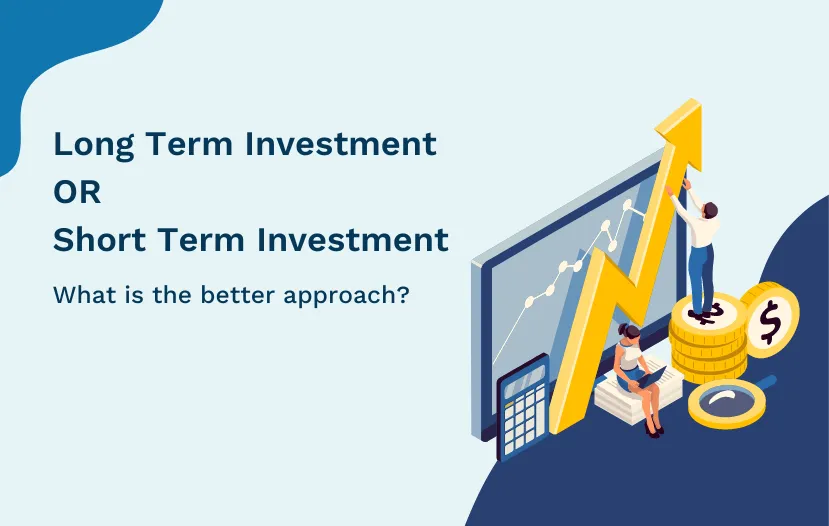What happens when you are not able to repay your home loan?

Taking a Home loan can either sail your boat or sink it as hard as the mighty Titanic. Today, obtaining a loan is a quick and simple process, but what happens if the borrower is unable to repay the loan on time? Before making an ill-informed choice, it's critical to comprehend the consequences. Let's find out what to expect if you fail to repay your EMIs.

What if an EMI on a mortgage is missed? What are the repercussions?
Defaulting EMI payments on your home loan has two big effects, firstly- it knocks down your CIBIL score for each month there was a default. Secondly, the EMI payment for the following month would go pretty pricey.
Here is a detailed look at the results.
The cost of failing to repay an EMI installment
You will be responsible for paying late fees, fines, and punitive interest for each missed EMI payment. Typically, the fines range from 1% to 2% of the amount past due and you might even be required to pay a penal interest. The penal interest on your home loan would be in addition to the ordinary interest, thereby increasing the interest pay-out. The forthcoming EMI would consequently increase and become more challenging to pay.
Typically, you have a grace period to pay your debts before your loan is designated as an NPA (Non-Performing Asset).
The SARFAESI Act of 2002 empowers the lenders to gain control of the property/asset and auction the security in order to recoup their losses once the loan has been designated as an NPA.
How it affects your CIBIL score
When you don't pay your home loan EMIs on time your CIBIL score suffers significantly. For each missed EMI payment, it drops by 50 to 70 points.
For example
If you have a CIBIL score of 750 and fail to repay your EMI payments twice on your home loan, your score would come down to 650 to 610 points. It also impacts your reputation as an accountable debtor. Defaulting an EMI payment will also have a negative impact on your future borrowings and loans would come with higher interest rates if you have a lower CIBIL score.
Legal Consequences
We must know about the legal consequences of EMI default.
If you miss one EMI, you might not be considered a loan defaulter, but if you repeatedly skip payments for three months (90 days), the lender might declare your loan as an NPA, Non-Performing Asset. Following this, the lender starts the procedure to recover their dues and a legal notice to settle your liabilities within 60 days is served to you. They also have the right to seize your property and sell it at a public auction, sell the assets pledged as collateral, or take other legal actions.
Adverse effects on the co-signer
Your co-signer would be contacted by the lending institution as a part of the recovery procedure if you have been designated as a defaulter. This will not only impact your reputation but co- signer's as well. Moreover, their credit score will also be impacted due to your default.
How to reposition yourself to get a hold of the situation
Refinance Your Loan
If you are unable to pay your EMI, the first and the most important thing you should do is talk to your lender about renegotiating your loan. To make the issue easier, there are various choices. You can restructure your plan by providing the lender with pertinent documentation and demonstrating your willingness and ability to pay future instalments.
Consolidate Your Loan
Another option is to refinance into a long-term plan, which will result in cheaper monthly payments. Lengthening the loan overall will reduce the monthly burden. However, it should be kept in mind that the longer duration will result in higher interest payments.
Sell Off Other Assets
If you have any other investments or assets, you could sell them to cover your EMI. You could also make a part-payment with that money, which would significantly lower the amount borrowed.
Dispose the Property
The last resort is, you can consider talking to your lender about selling the disputed property directly. Any such transaction requires the lender's approval because you have defaulted on your debt. Since auctions are distress sale from the bank’s side, hence you won’t get the best price for your house. Selling the house on your own would fetch you a much better price.
Final words
The commitments associated with home ownership are significant. You must weigh all the available possibilities and just be sure that your finances are in line. Plan for all the scenarios and always try to have some emergency funds with you. Defaulting a loan is not the end of the road. Just don’t panic and reach out to the banks. Banks are there to assist you because they are just as impacted by your failure to pay your bills as you are.

